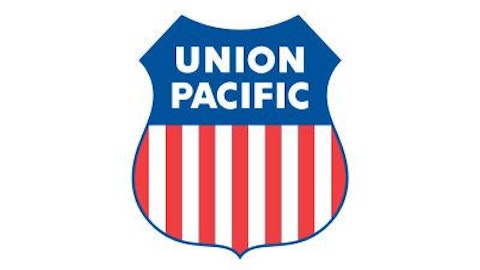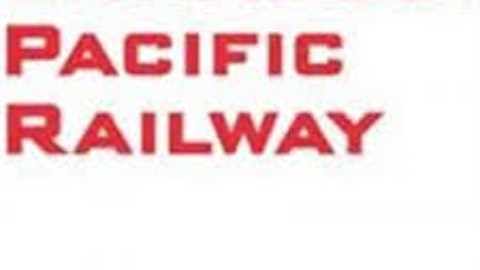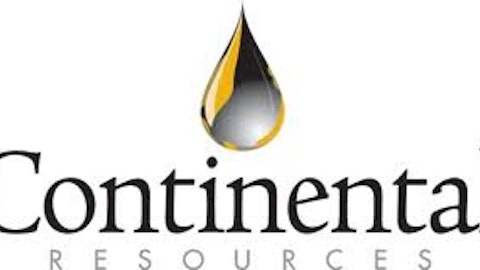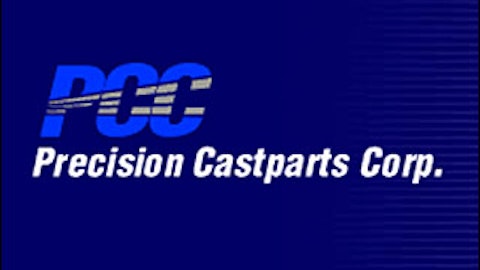The United States is pumping out more crude oil than the country’s pipelines can carry. The risk associated with oil drilling in the United States has disappeared, as a result of innovative technologies such as hydraulic fracking. The days of U.S. oil companies scouring the world for pools of reachable crude oil are over. Equipped with technologies such as fracking, the US oil industry has flourished and volumes are surging.
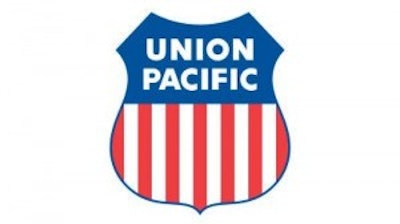
Early this year, US oil production reached 7 million barrels per day for the first time since 1993. By 2020, analyst projections expect production to hit 10 million barrels per day. This amount of production is simply more than the country’s current pipelines can handle, allowing railroads to step in to transport the overflow of oil to refineries.
Cheaper oil, more expensive transport
According to Credit Suisse, originations of crude oil shipments by rail grew 200% just last year. Many analysts classify this as surprising, as rails are vastly more expensive than pipelines. The transportation of a barrel of crude from the oil hub of Hardisty in Alberta, Canada to the US Gulf Coast, for example, costs $7 to $11 per barrel by means of pipeline, however costs $14 to $21 per barrel by railway, based on research done by BMO Capital Markets. However, the excess US production has resulted in domestic oil being priced at a discount to imported foreign oil, represented in the spread between West Texas Intermediate ($96.56 a barrel) and Brent crude ($102.16 a barrel). The spread between the two has been as high as $20 this year. Therefore, refineries are more than happy to pay the extra capital to transport WTI by train to receive the substantial discount compared to the Brent when the spread is large.
The lack of pricing power rails possess is compensated by their vast availability compared to pipelines. Environmental setbacks and years of construction make pipelines a far-out reality for several locations that require additional transportation systems immediately. While in stark contrast, railroads already stripe the United States, and do not arouse such harsh criticism from environmentalists.
Where can investors look?
Railroads and related companies positioned to benefit from this trend include Canadian Pacific Railway Limited (USA) (NYSE:CP), Union Pacific Corporation (NYSE:UNP), Berkshire Hathaway Inc. (NYSE:BRK.A)-B), Kansas City Southern (NYSE:KSU) , and CSX Corporation (NYSE:CSX) .
6% of Canadian Pacific Railway Limited (USA) (NYSE:CP)’s earnings this year is forecasted to come from oil shipments, according to BMO. The company is positioned so that it can originate oil shipments from the Bakken shale and Canada’s oil sands. Despite the fact that the rail’s share of the Bakken shale is projected to peak in late 2014 as new pipelines are brought on line, pipeline capacity will not grow until 2015, at the earliest. Moreover, the oil sands of Canada generate thick bitumen, which has to be diluted to flow through pipelines, and then undiluted at the refineries, an additional step not required in rail shipments. EPS for the company is anticipated to rise to $9.20 per share by 2015, up substantially from 2012’s EPS of $2.80 per share, compensating for the current price-to-earnings ratio of 39.78.
Three percent (3%) of Union Pacific Corporation (NYSE:UNP)’s earnings this year is expected to come from oil shipments, according to BMO. Union Pacific Corporation (NYSE:UNP) possesses exposure to the Bakken shale and Canada, with connections to key refineries in Texas and Louisiana. Furthermore, the company originates shipments from the Niobrara shale field, which is less developed than the Bakken, however is projected to sprout up over the next 5-7 years. EPS for the company is expected to grow consistently from 2012’s level of $8.30 per share to the projected $12.10 by 2015. The price-to-earnings ratio of Union Pacific Corporation (NYSE:UNP) is 18.11, representing a fairly priced company.

